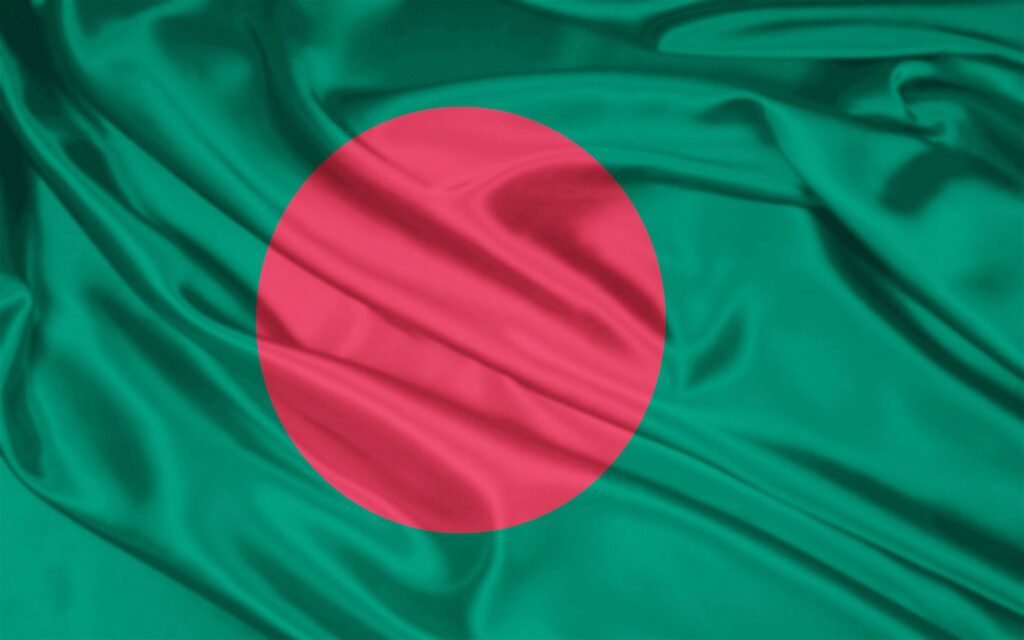Photographer Abul Kalam detained in Bangladesh after documenting refugee relocation
Bangladeshi authorities should immediately release photographer Abul Kalam and allow the press to freely cover refugee issues in the country, the Committee to Protect Journalists said today.
On December 28, authorities at the Kutupalong Registered Camp, a refugee camp in the southeastern city of Cox’s Bazar, detained Kalam after he photographed the government transfer of Rohingya refugees to Bhasan Char Island, according to news reports.
Kalam was arrested in response to a complaint filed by Khalilur Rahman, an official at the camp, who alleged that Kalam was involved in violence in Rohingya refugee camps in the summer of 2020, and that he obstructed government work and assaulted officials at that time, according to those reports.
Kalam is a Rohingya refugee from Myanmar who has lived in Bangladesh for 28 years, according to those reports. He posts photography on refugee issues on Facebook and Twitter, where he has 1,529 and 2,930 followers, respectively. His work documenting refugees in the country has also been widely published, according to a petition calling for Kalam’s release; CPJ was unable to immediately locate any examples of Kalam’s work other than his social media.
Authorities initially detained Kalam at the Kutupalong police barracks, and on December 31 presented him before a magistrate court, which ordered him to be sent to the Cox’s Bazar jail, according to The Daily Star, a local English-language daily.
Yesterday, the Cox’s Bazar Judicial Magistrate Court granted Kalam bail, but he has not been released, those reports said.
“Abul Kalam has been performing an important public service by documenting life in Bangladesh’s Rohingya refugee camps, and he should not be treated like a criminal,” said Aliya Iftikhar, CPJ’s senior Asia researcher. “Authorities should swiftly comply with the local court’s order and immediately release Kalam, and drop the investigation into him.”
Kalam cannot be released until a camp authority signs his bail order, and the official responsible for doing so is Khalilur Rahman, the same person who filed the initial complaint, according to Rezaur Rahman Lenin, a Dhaka-based activist and consultant for the U.N. Resident Coordinator’s Office, who spoke to CPJ in a phone interview.
Rahman’s complaint names dozens of people allegedly involved in violence in refugee camps in the summer of 2020, according to TheDaily Star.
If charged and convicted of those offenses, Kalam could face up to three years in prison and an unspecified fine under Bangladesh’s penal code.
The Guardian reported that officers beat Kalam during his arrest; CPJ could not determine if he suffered any injuries.
Lawyers from the U.N. High Commissioner for Refugees are working on Kalam’s case, according to The Guardian.
CPJ called Rahman for comment but he did not answer. CPJ texted the Cox Bazar superintendent of police, Mohammad Rafiqul Islam, but did not immediately receive any response.

